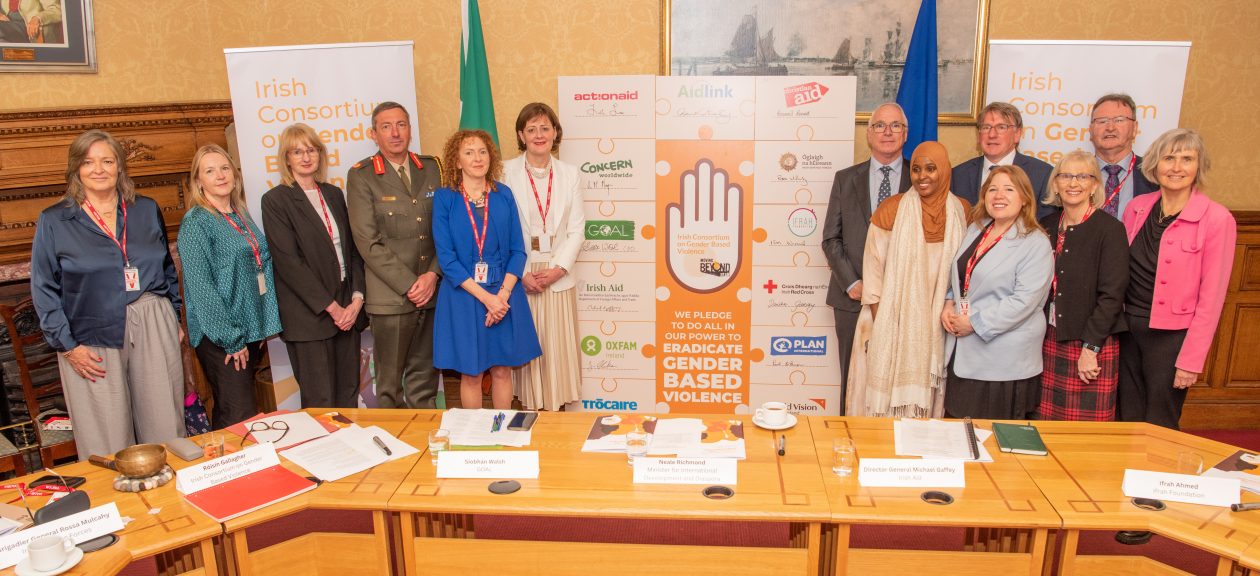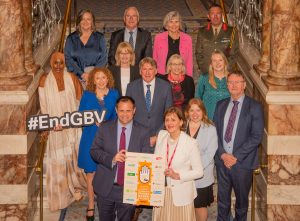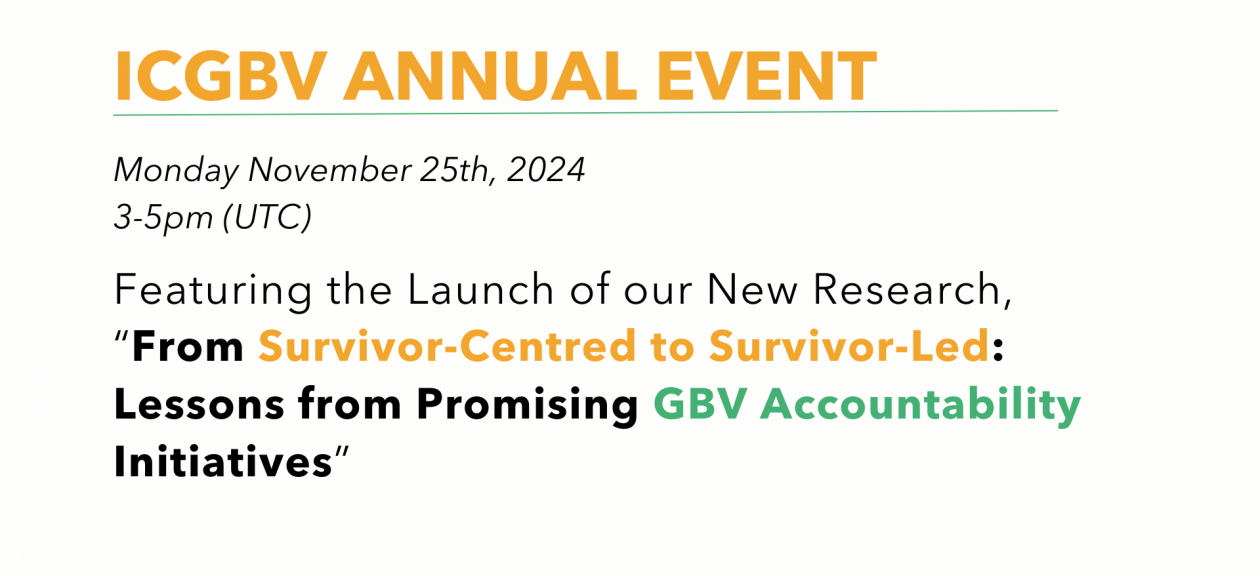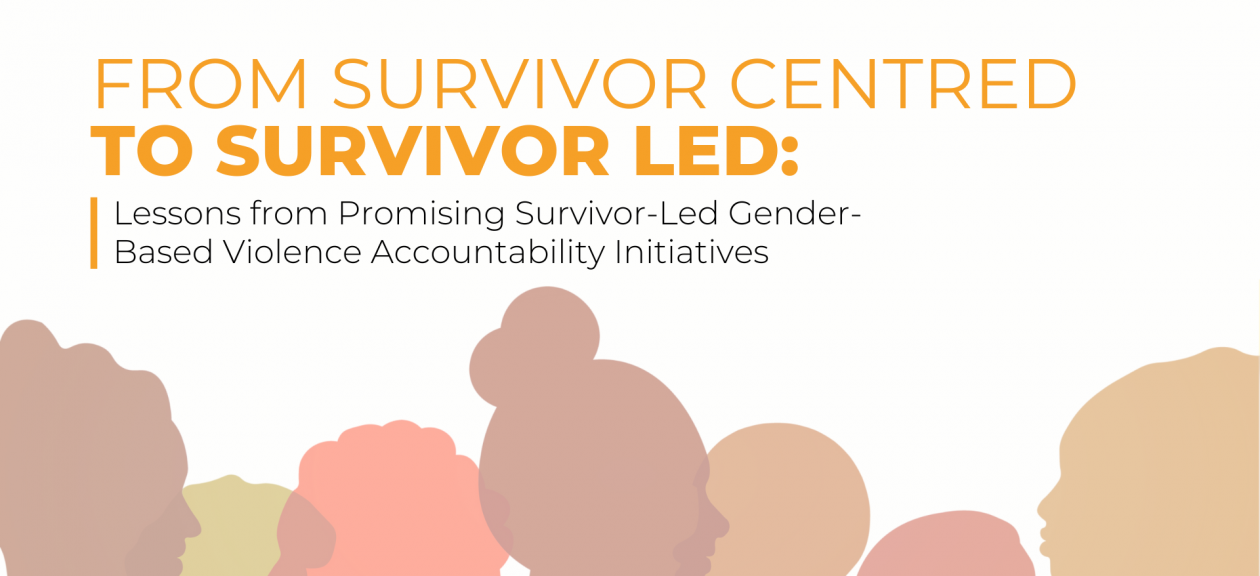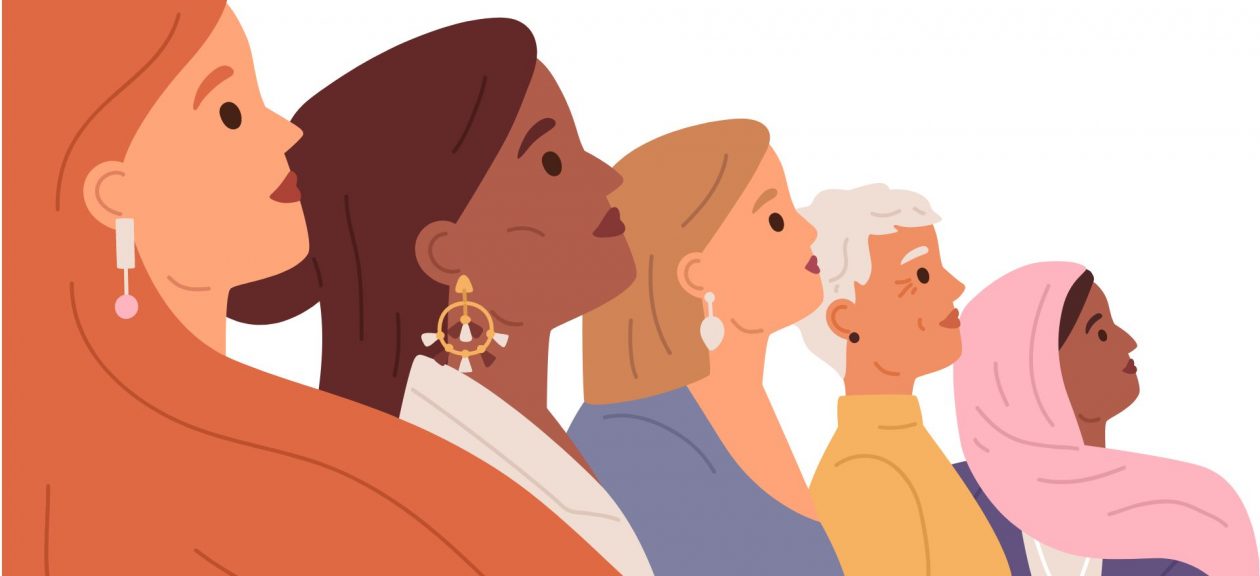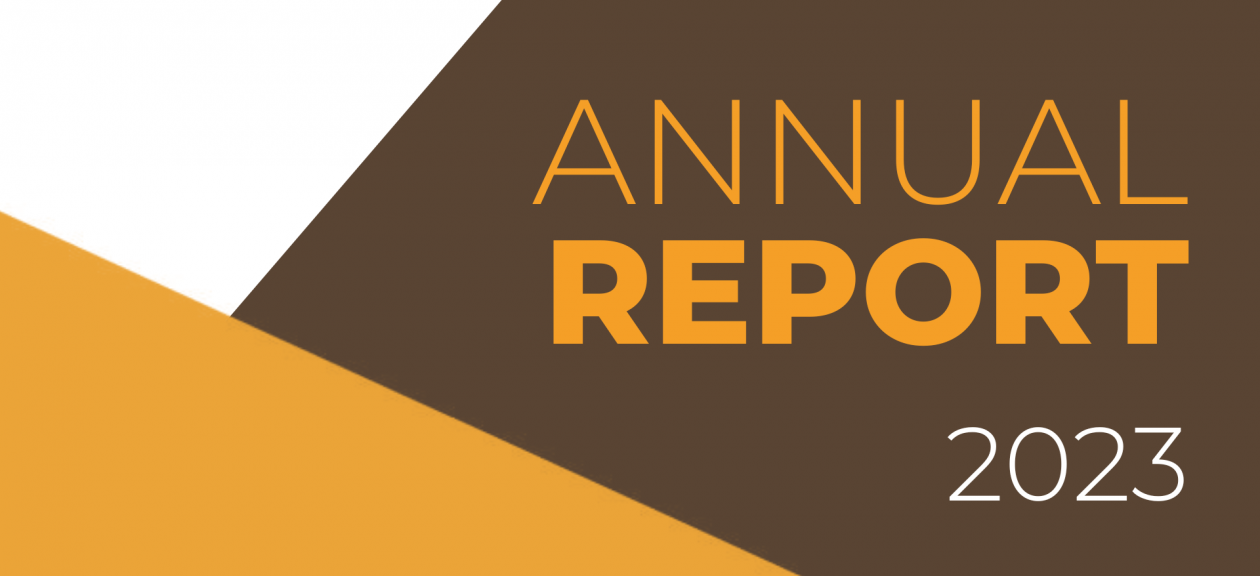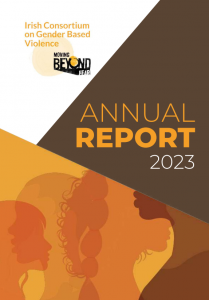(Dublin, 16/04/2025) – Senior leaders from Ireland’s international development, humanitarian and defence sectors came together today at the Department of Foreign Affairs for the Annual CEO Roundtable of the Irish Consortium on Gender-Based Violence (ICGBV). The event, attended by Minister of State for International Development and Diaspora Neale Richmond, saw the 13-member Consortium renew their collective pledge to end gender-based violence (GBV).
This marked Minister Richmond’s first address to the Consortium, following his recent return from visits to Irish Aid-supported programmes in Sierra Leone and Liberia—including a programme delivered by GOAL, the current Chair of the ICGBV. His presence underscored a timely and renewed government commitment to tackling GBV both at home and abroad.
The ICGBV Roundtable comes at a critical moment in the global fight against GBV. Yesterday marked the second anniversary of the most recent conflict in Sudan, where, once again, GBV is being used as a weapon of war, with 12 million women and girls and increasing numbers of men and boys at risk. Conflict, displacement, climate change and a tightening global funding landscape continue to exacerbate risks globally, particularly for women and girls.
At today’s gathering, each member organisation voiced new and renewed commitments for the year ahead—centred on scaling up prevention, improving access to justice and protection, and promoting survivor-led accountability across all levels of programming and advocacy.
Siobhán Walsh, CEO of GOAL and Chair of the ICGBV, underlined the importance of coordinated leadership:
“Today’s roundtable reflects the depth of commitment across Irish civil society and government, to galvanize our work and double down on our commitment to tackle this growing gender-based violence crisis. This means the creation of even stronger systems of support and accountability with the meaningful inclusion of survivors and sharing our learnings at a global scale. But we can’t drive forward on this collective ambition without increased and sustained funding. We must double down on this ambition to make meaningful progress.”
Róisín Gallagher, ICGBV Coordinator, also addressed the gathering, following her recent return from New York, where she represented the Consortium at the UN Commission on the Status of Women (CSW69). There, ICGBV co-hosted a high-level event with the governments of Ireland, Sierra Leone and the National Women’s Council of Ireland, reaffirming the relevance of the Beijing Platform for Action and spotlighting the leadership of survivors in driving systemic change.
“Our collective challenge now is to translate policy promises into lived change. Survivor-led accountability means shifting power beyond consultation – so that those most affected by GBV lead the response to it. This will create true progress.”
Neale Richmond, Minister of State with responsibility for International Development and Diaspora
“It is a privilege to address the Irish Consortium on Gender Based Violence. The Department of Foreign Affairs and Trade is very proud to be part of this unique collaboration that brings together both government and civil society, united by our shared vision of a world free from gender-based violence.
Gender equality and the empowerment of women and girls is a cornerstone of Ireland’s foreign policy. Within this, the elimination of gender-based violence is both a domestic and foreign policy priority for Ireland. We recognise that it is fundamental to achieving gender equality and a necessary precondition to the achievement of the Sustainable Development Agenda and a more peaceful and sustainable world.”
Leaders and CEOs from the Irish Consortium on Gender-Based Violence gathered at Iveagh House on April 16th with Minister Neale Richmond and Irish Aid Director General Michael Gaffey to reaffirm their commitment to ending gender-based violence.
